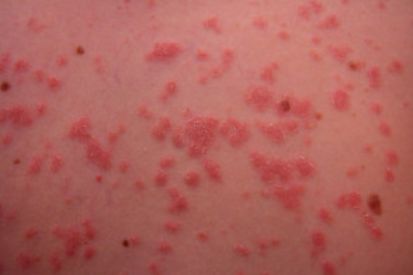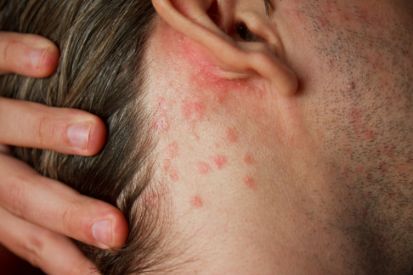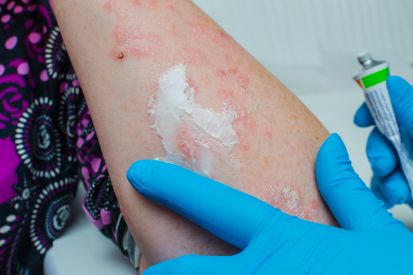Psoriasis
Understanding Psoriasis and Its Management
Psoriasis is a chronic autoimmune condition that causes the rapid buildup of skin cells, leading to thick, scaly patches that can be red, itchy, and painful. These patches, often called plaques, commonly appear on the scalp, elbows, knees, and lower back. The exact cause of psoriasis is unknown, but it is believed to be related to an immune system problem and can be triggered by stress, infections, and certain medications.
Psoriasis can significantly impact the quality of life, but there are many effective treatments available. These include topical treatments, phototherapy, oral medications, and biologic therapies that target specific parts of the immune system.
Comprehensive Psoriasis Care at Riva Dermatology
At Riva Dermatology, we offer advanced treatments for psoriasis to help you manage symptoms and improve your quality of life. Our experienced dermatologists provide personalized care to find the best treatment plan for your condition.
Examples of Psoriasis



What are the Symptoms of Psoriasis?
- Red, inflamed skin.
- Silvery-white scales.
- Itching or burning sensation.
- Dry, cracked skin.
- Thickened or pitted nails.
- Joint pain and swelling in some cases.
What Causes Psoriasis?
- Genetic factors: Psoriasis often runs in families, suggesting a genetic predisposition to the condition.
- Immune system dysfunction: Abnormalities in the immune system can lead to an overactive response, triggering rapid skin cell growth.
- Other health conditions: Psoriasis is associated with an increased risk of other health issues such as cardiovascular disease, diabetes, and certain autoimmune disorders.
How to Prevent Psoriasis
Psoriasis FAQs
Common triggers include stress, infections, skin injuries, smoking, alcohol consumption, and certain medications. Identifying and avoiding triggers can help manage flare-ups.
Diagnosis is usually based on a physical examination and medical history. A skin biopsy may be performed to confirm the diagnosis.
Treatments include topical creams, phototherapy, oral medications, and biologic therapies that target specific parts of the immune system to reduce inflammation.
Yes, maintaining a healthy diet, managing stress, avoiding triggers, and following a regular skincare routine can help manage psoriasis symptoms.
No, psoriasis is not contagious and cannot be spread from person to person. It is an autoimmune condition that affects only the individual with the condition.
From our QualDerm Family of Brands: Learn More About Psoriasis
Psoriasis Treatments
- Oral and injectable medications that affect the immune system to control the psoriasis.
- Tight therapy treatment.
- Laser treatment and more.
Our dermatologists tailor treatment plans to individual needs, emphasizing a balance between managing symptoms and minimizing potential side effects. Regular monitoring and follow-ups with our team of skin experts are crucial for effective psoriasis management and to develop a health skin routine for years to come.
Featured Products
Check your local office for current stock!
Check your local office for current stock!


